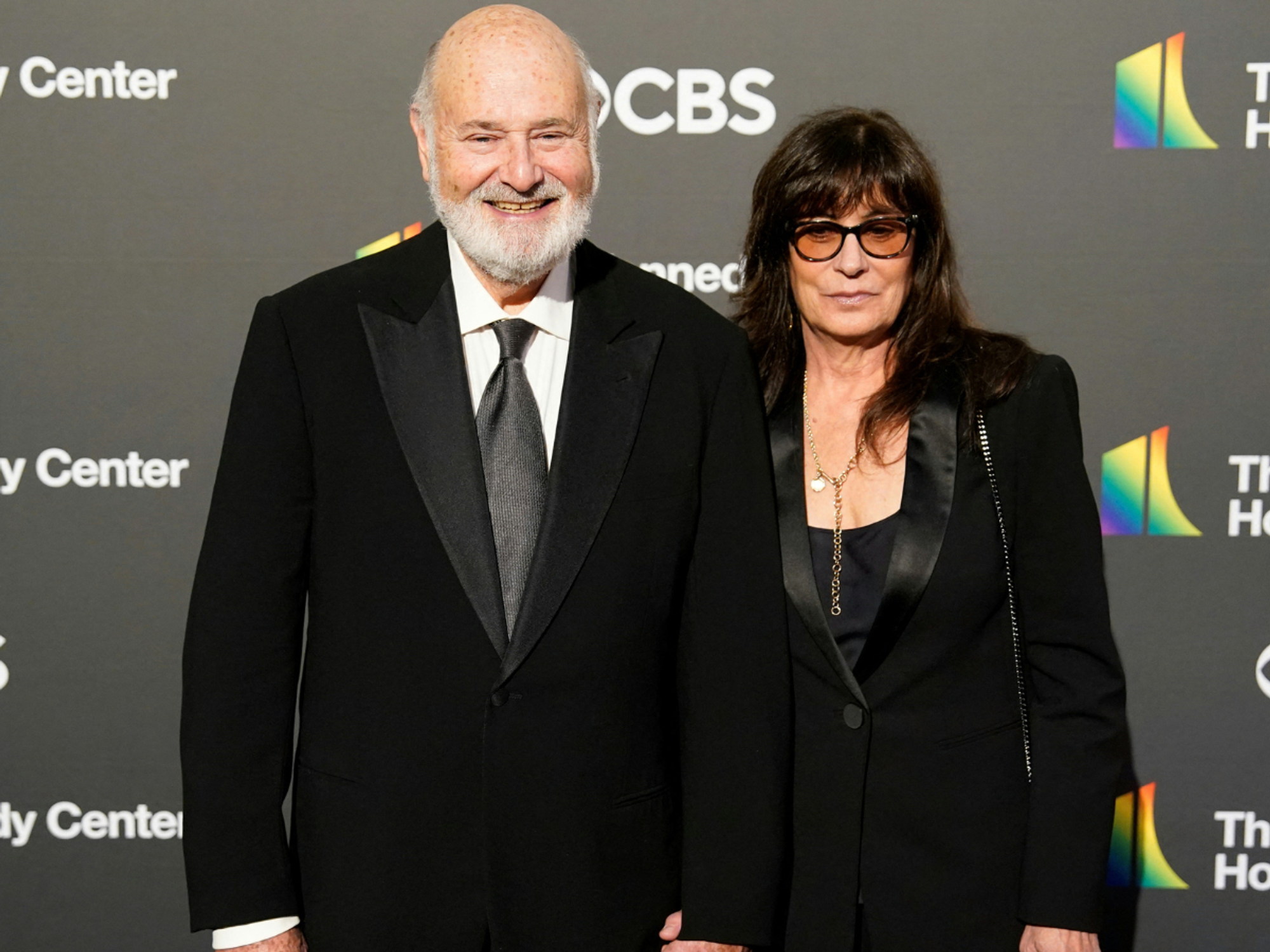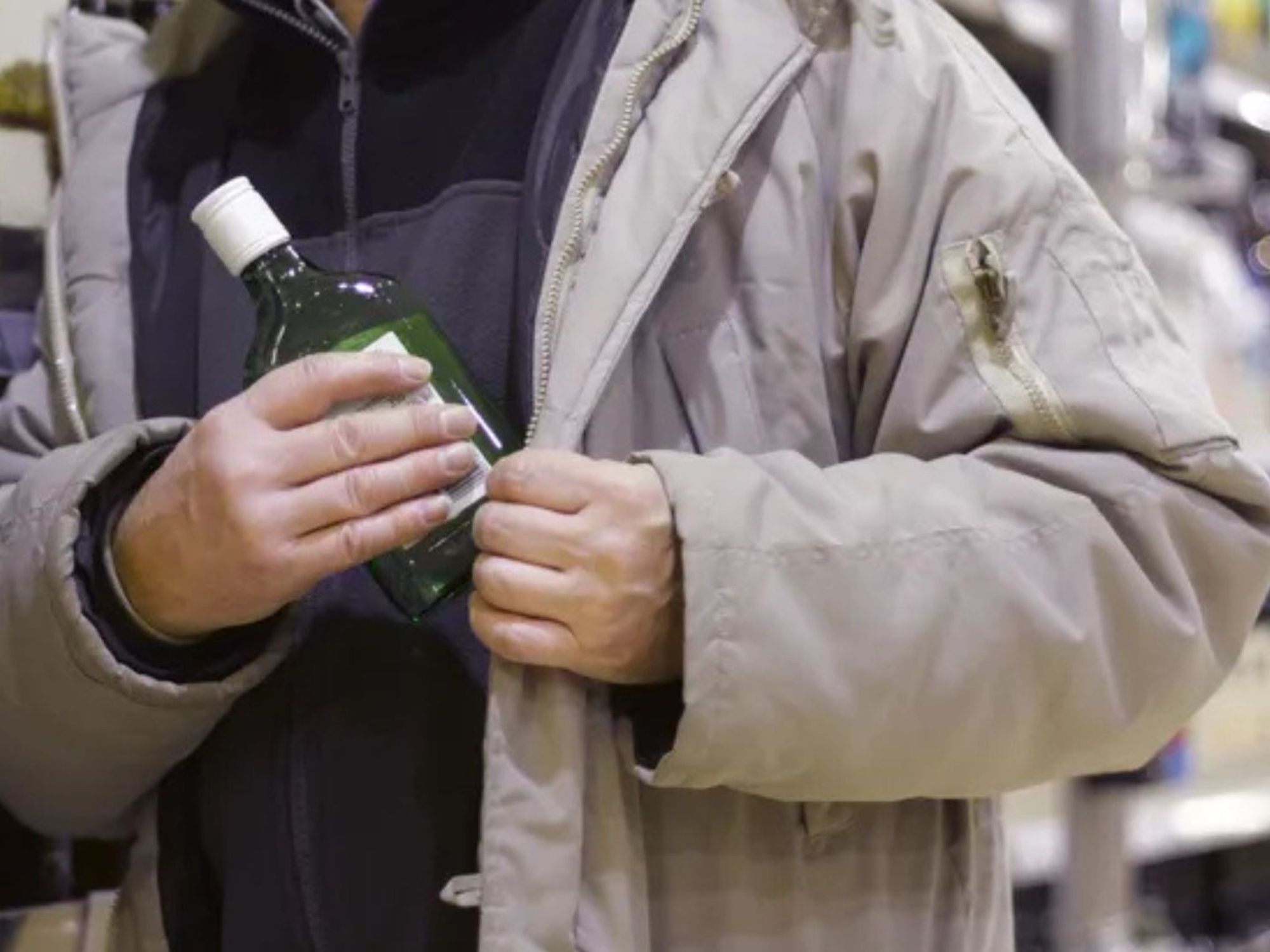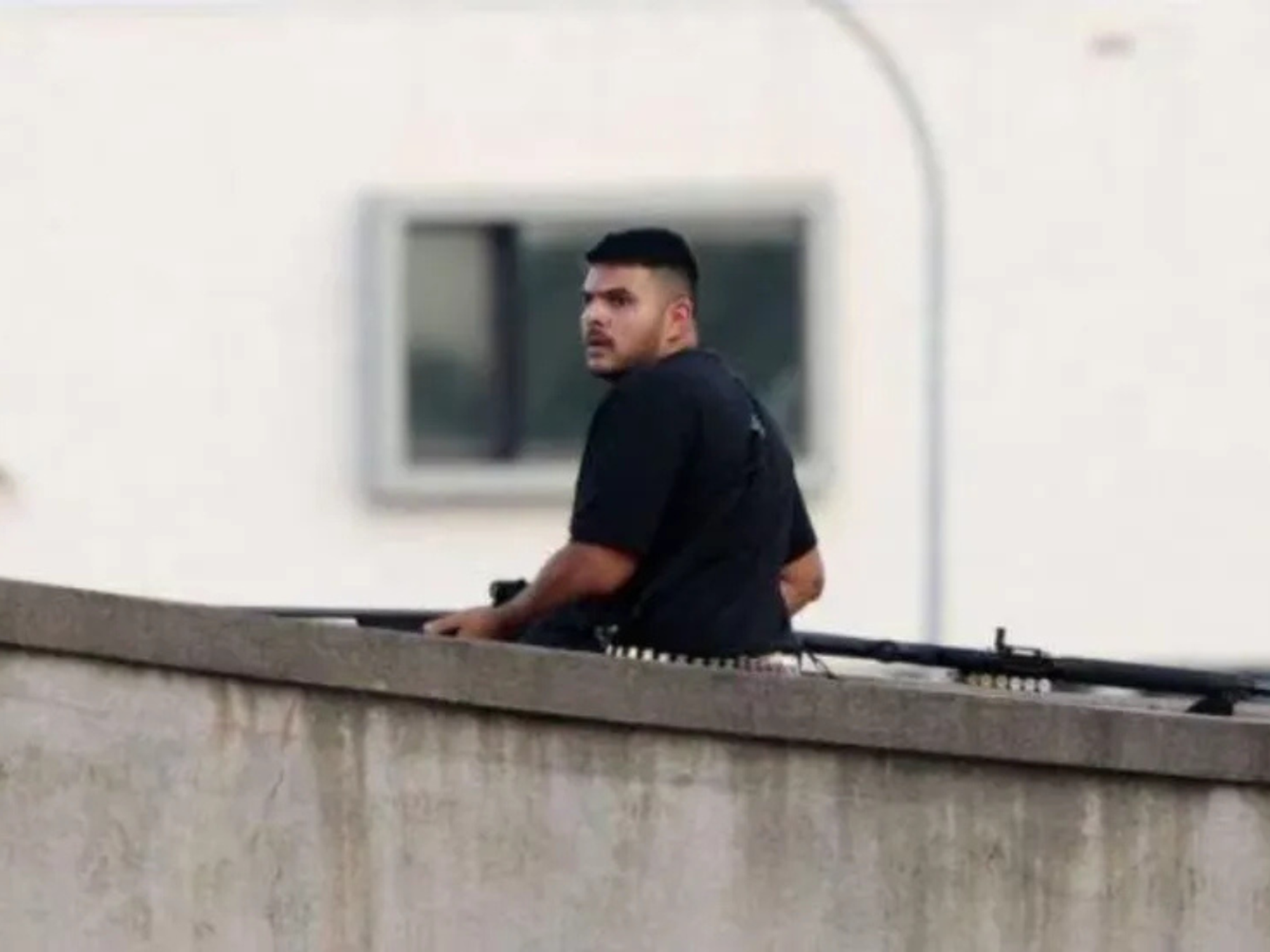Inside Reform's Scottish breakthrough: How Nigel Farage is set for 9 seats in Scotland
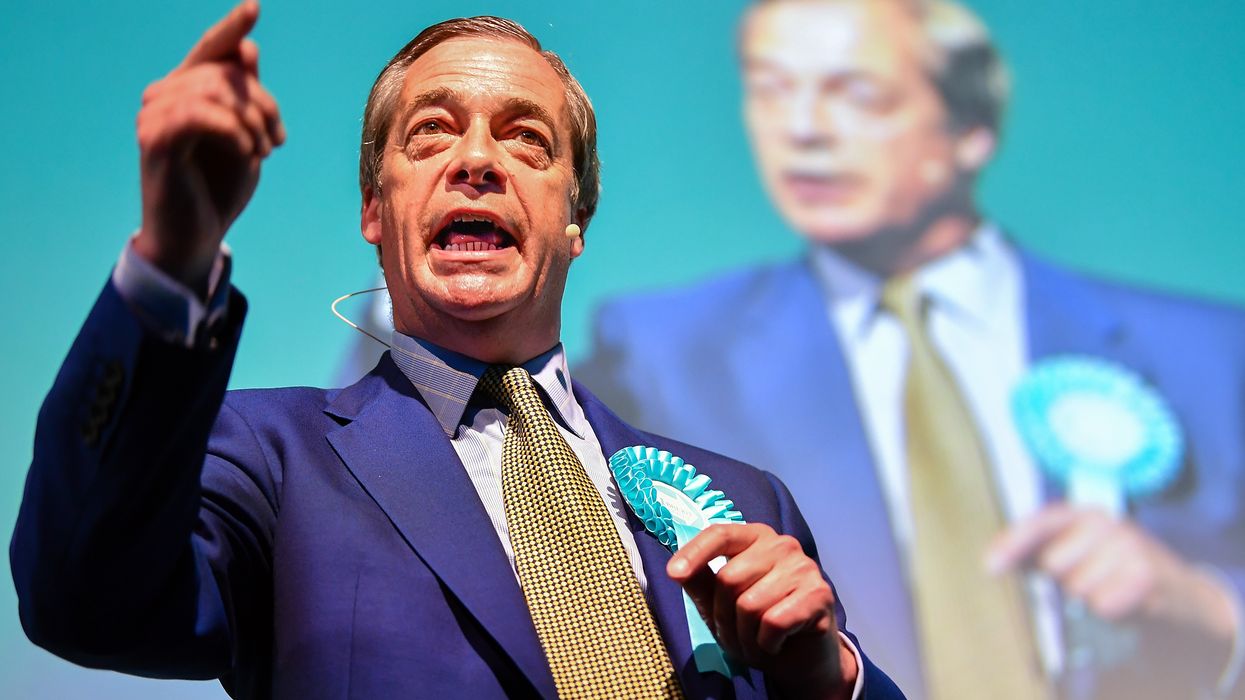
Inside Reform UK's Scottish breakthrough that could leave Nigel Farage as Holyrood kingmaker | GETTY

GB News reporter Jack Walters takes a closer look at Reform UK's recent surge in Scotland
Don't Miss
Most Read
Nigel Farage didn’t travel to Scotland ahead of the 2024 General Election.
The Reform UK leader, who oversaw breakthroughs in Westminster, Cardiff Bay and Brussels, has not particularly enjoyed his visits north of the border since 2013.
Farage, 60, was forced to leave an Edinburgh pub under police escort, with protesters in the Scottish capital chanting: “Nigel you’re a bawbag.”
However, as Reform UK kickstarts its efforts to professionalise the party, Farage could soon become kingmaker in Holyrood.
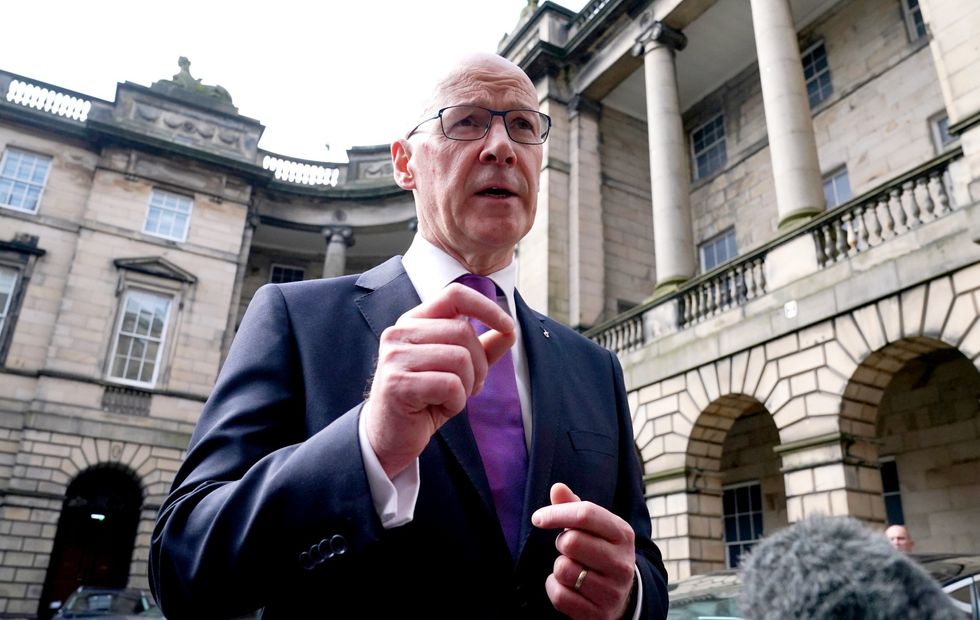
John Swinney replaced Humza Yousaf as First Minister
| PAThe Scottish Parliament looks set to house as many as nine Reform UK MSPs, the most recent Nortstat opinion poll has revealed.
The survey also found Holyrood’s Conservative contingent could slump from 31 to just 16.
Labour would also likely see a similar surge to the one experienced on July 4, almost doubling its MSPs from 22 to 40 to near its best result since 2007.
There is a slight boost from the Liberal Democrats from four to seven, with the Green Party witnessing a one seat boost to nine.
However, Alex Salmond’s Alba Party would also make its breakthrough, with four MSPs rivalling the SNP’s 44.
The SNP, which was embroiled in a number of scandals under Nicola Sturgeon and Humza Yousaf, would likely lose 20 seats as a hung parliament becomes increasingly likely.
LATEST DEVELOPMENTS: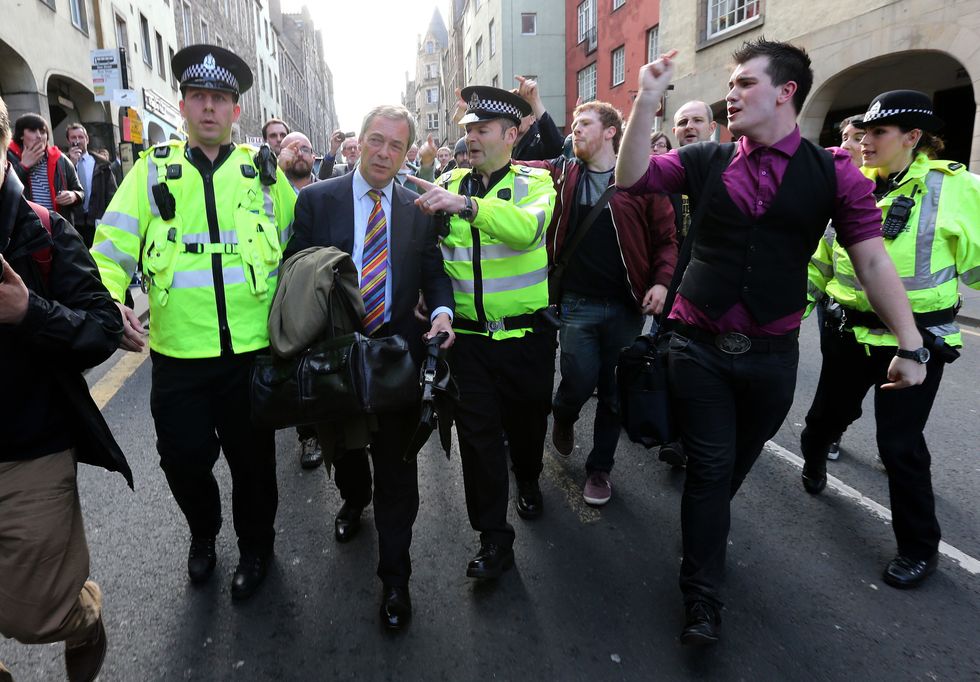
Nigel Farage (centre) is escorted by police officers as he leaves the Cannons Gait pub
|PA
The parliamentary arithmetic makes for difficult reading for First Minister John Swinney, with SNP MSPs needing Green and Alba support to even get close to the 65 seats needed to form an administration.
A pro-independence coalition would take Swinney to just 57 seats, eight short of continuing to hold the keys to Bute House.
A mainstream pro-Union alliance of Labour, the Tories and Liberal Democrats would leave Anas Sarwar agonisingly short on 63.
However, with so much splitting the three parties on economic and social issues, Reform UK’s nine MSPs could prove decisive.
Yousaf found out the hard way how difficult working in a coalition can be, with the Greens withdrawing support and ultimately bringing to an end his short-lived tenure as First Minister.
Farage’s nine MSPs would take the pro-Union coalition over the 65 seat threshold but also make life difficult when it comes to consensus on a number of policy areas.
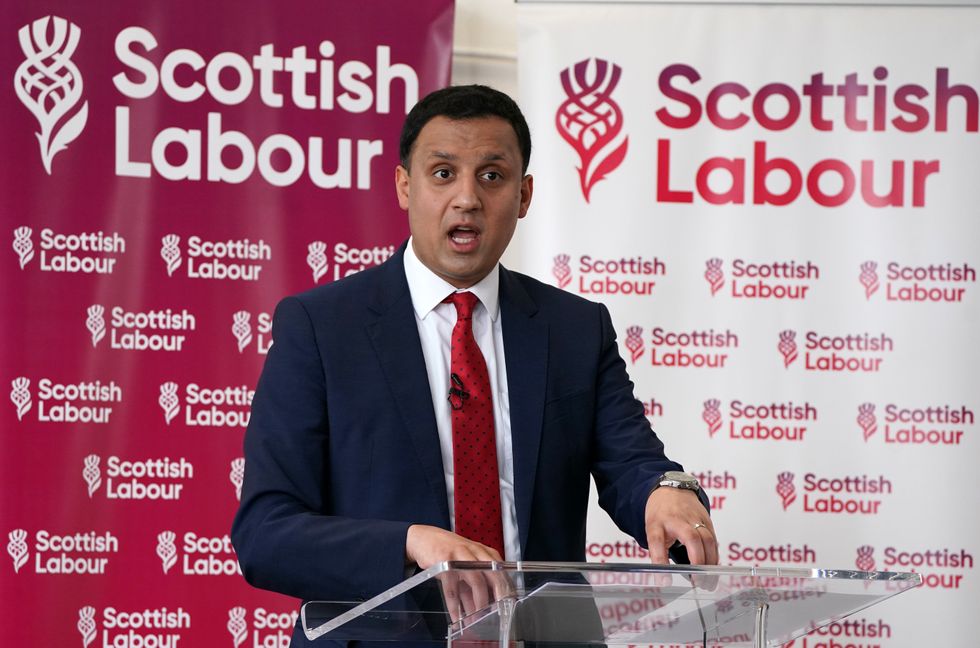 Scottish Labour leader Anas Sarwar | PA
Scottish Labour leader Anas Sarwar | PAThe Reform UK leader is looking to supplant the Tories as the main party on the centre-right and take the fight to Labour in the so-called Red Wall.
Such a strategy opens up large swathes of England and Wales for Reform.
However, given Ukip failed to win a single MSP even in its heyday, little attention has ever really been directed to Scotland.
Ukip received 10.5 per cent of the vote and returned one MSP in 2014, with the Brexit Party raking in 14.8 per cent to elect Louis Stedman-Bryce in 2019.
Reform UK obtained just seven per cent on July 4, far more than the 1.6 per cent received by Ukip north of the border in 2015.
Eagle-eyed fans of Scottish politics witnessed the first dent left by the populist party last week.
Reform UK received 18.9 per cent of first-preference votes in a recent by-election to West Lothian Council.
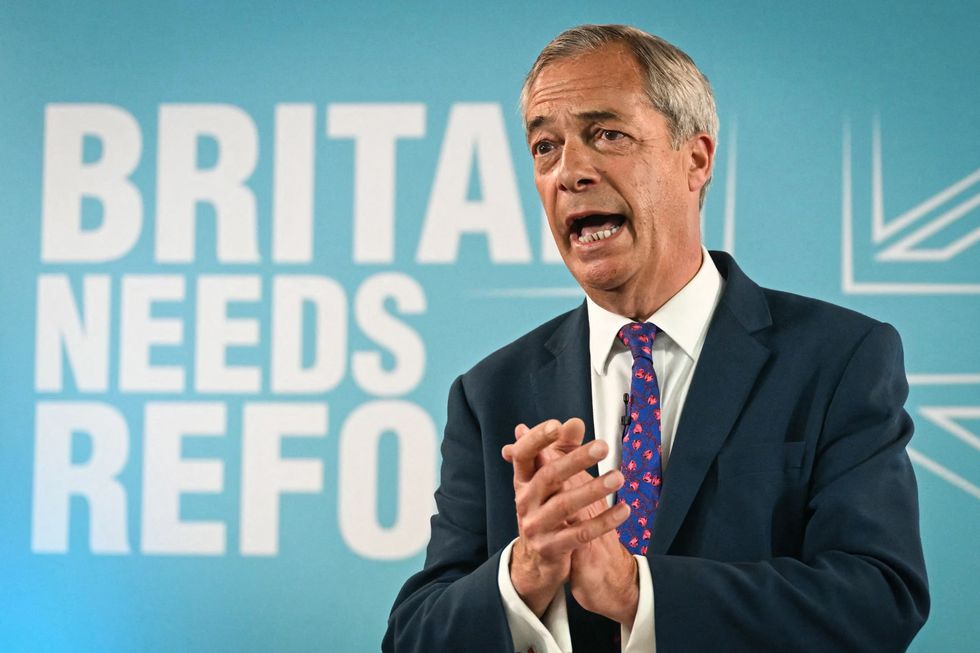 Nigel Farage | GETTY
Nigel Farage | GETTYFarage’s candidate finished third, behind Labour on 28.9 per cent and the SNP on 28.3 per cent.
The collapse of the Conservative Party was on full display, with the Tories languishing behind even Independence for Scotland on just 8.2 per cent.
However, it is not just in terms of the next election to the Scottish Parliament that Farage might prove decisive.
Nortstat’s opinion poll puts Reform UK’s support in Scotland in its Westminster poll at 12 per cent, joint-third with the Tories.
Labour suffered a three-point dip to sit on 32 per cent, with the SNP on 29 per cent.
Glasweigian John White, 21, who hosted an event for the populist party in Airdrie yesterday, described Reform UK’s rise in Scotland as being rather similar to the surge witnessed in England and Wales.
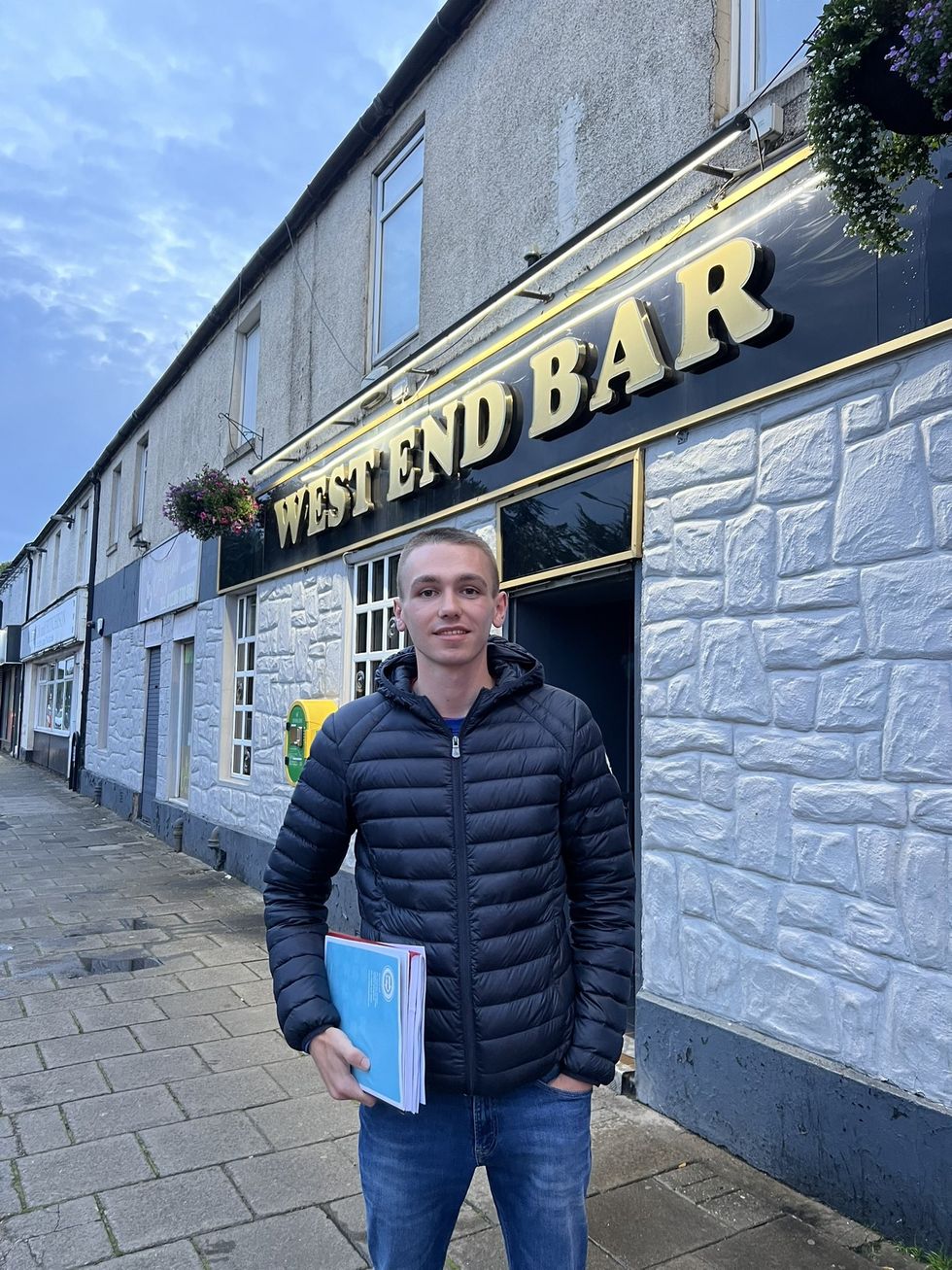
John White held a Reform UK event in Airdrie yesterday
|JOHN WHITE
White, who joined the populist party just a few months ago after standing as a Tory candidate in 2022, told GB News: “I think voters are turning to Reform because they’re fed up.
“We had devolution delivered under a Labour Government, which allowed the SNP to enter into Government and use it to drive us down the road to separatism.
“We’ve had 17 years of a failed SNP Government - from a failing education system to record NHS waiting time, people are fed up and want to send a message. Reform offers common sense policies that normal people can align with.”
And it would appear Scottish Tories, who have been plunged into turmoil over scandals emerging during their leadership contest, have become increasingly concerned with Reform UK’s inroads.
Leadership hopeful Murdo Fraser said: “There is no doubt that the rise in the Reform vote presents a challenge to the Scottish Conservatives, although it would be wrong to assume that all their votes come from us.
“It would be unwise, in my view, to embrace the Farage agenda in response, as that risks losing more moderate voters. In my experience many Reform voters are disillusioned former Conservatives who just expect us to have honesty and integrity and deliver on our promises.
“The key to winning them back is to demonstrate as a party that we are listening to their concerns and are willing to change, not carry on as we are.”
Rival Russell Findlay added: "We must not vilify the people who voted Reform, Instead we need to recognise that they have legitimate concerns which need to be addressed."
Fellow leadership contender Meghan Gallacher also claimed: “If the general election result wasn’t a wake-up call, this should be.”
However, White told GB News: “I’ve been keeping an eye on the Scottish Tory leadership candidates’ comments on the rise of our party in Scotland.
“I think they are scared. They’re realising people won’t buy their knackered party line any longer and are turning to common sense grassroot politics.”
He added: “The Tory Party’s collapse in Scotland is their own doing.
“Whether it be years of infighting, their elected members being scared to go against the party line, or being too wet to speak up about issues facing ordinary working people.
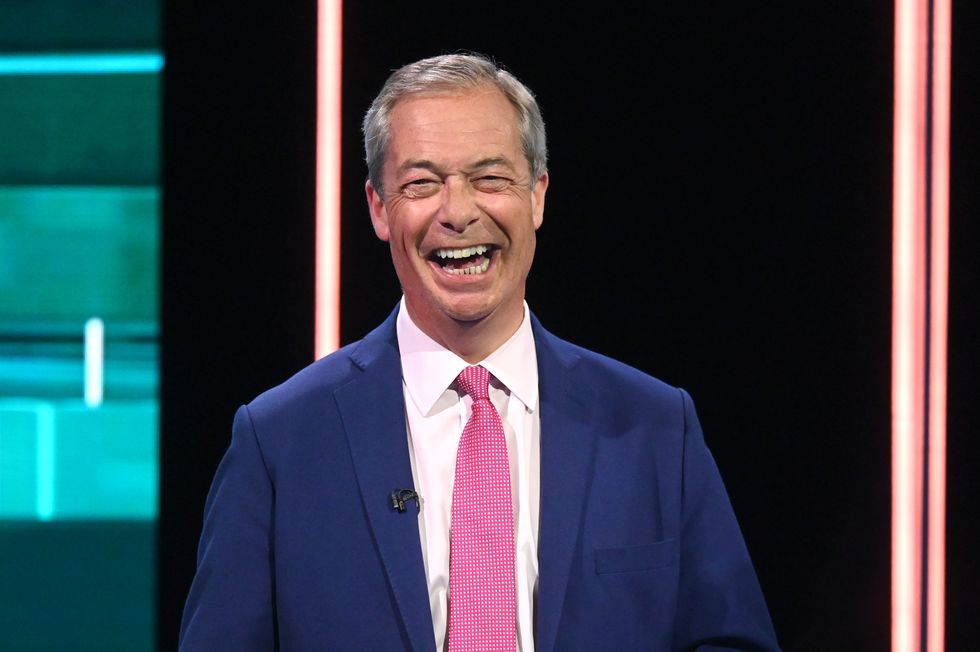 Nigel Farage | GETTY
Nigel Farage | GETTY“It’s clear that the Scottish Tories will never hold power in the Scottish Parliament, and they’ve got no one but themselves to blame.
“People want politicians who will stand up for them and be their voices in the chamber - the Scottish Tories have no interest in that.”
And all of this would complete a remarkable transformation when it comes to Farage’s fortunes north of the border.
Reform UK performed well on July 4 in areas with an above average level of support for Brexit in 2016.
The coastal constituency of Aberdeenshire North & Moray East witnessed Reform UK pull in around 15 per cent of the vote.
Estimates from the 2019 EU Parliamentary Elections also revealed the Brexit Party topped the poll in Glasgow North and North East Fife.
Edinburgh East, Banff & Buchan, Caithness, Sutherland and Easter Ross, Dundee West and Aberdeen North also proved fruitful for Farage ahead of the UK’s departure from the EU.
White told GB News: “In Glasgow, at the general election, Reform beat the Scottish Conservatives in every seat, and the Norstat poll had us right at their heels.
“It’s clear that we are the real opposition to the SNP and Labour for ordinary working people.”





